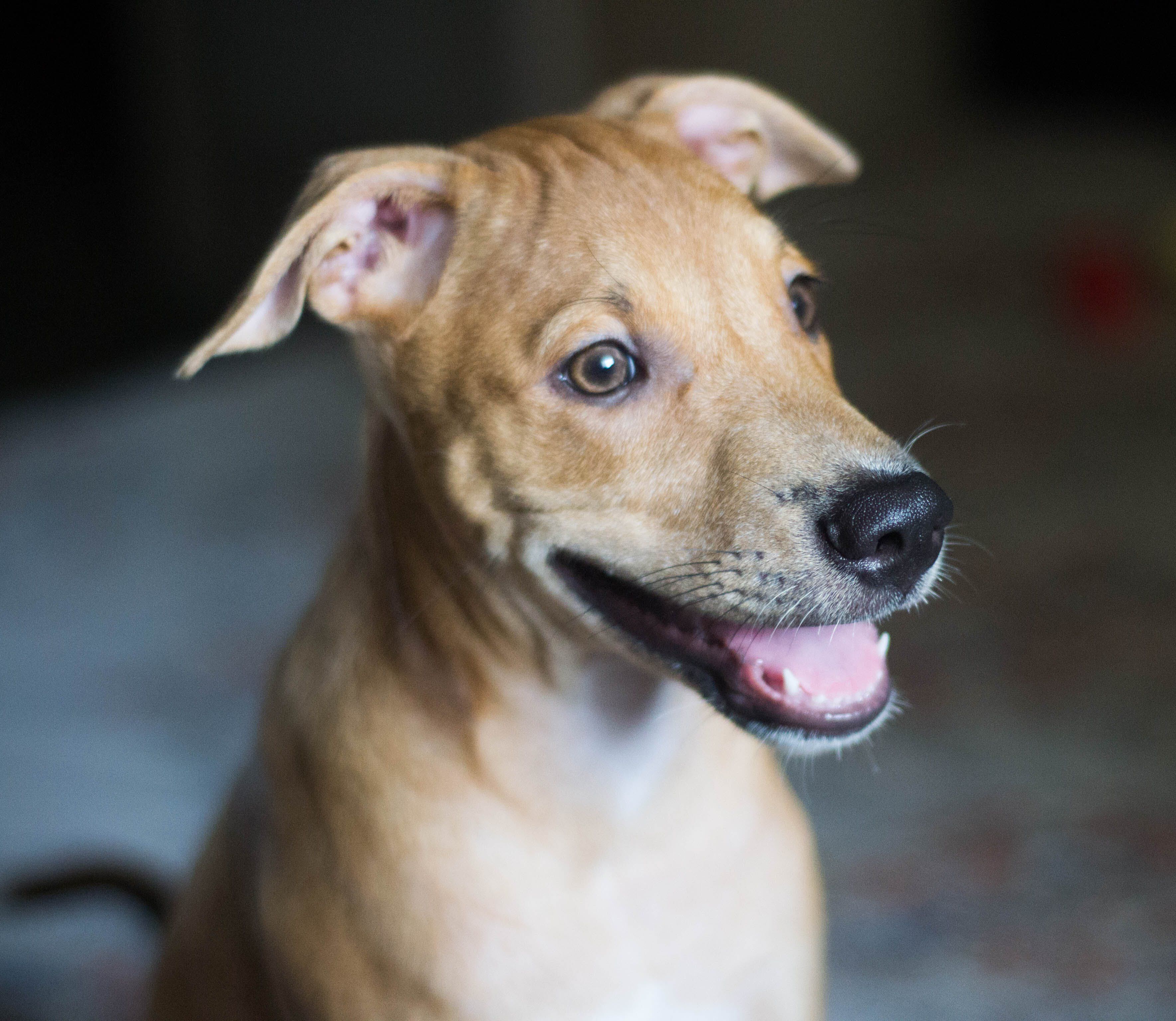Why is My Dog Panting So Much?
11/3/23

If you've ever noticed your dog panting excessively and wondered, "Why is my dog panting so much?" you're not alone. Excessive panting in dogs can be a cause for concern and may indicate an underlying health issue that may require attention from a vet. In this article, we will delve into the various causes of excessive panting in dogs and provide helpful solutions to address this concern. Understanding the reasons behind your dog's excessive panting is crucial for their well-being and can help you take appropriate action when needed.
The Significance of Normal Panting
Panting is a natural behavior in dogs that serves important purposes, primarily to regulate their body temperature. Unlike humans, dogs lack sweat glands throughout their bodies, so they rely on panting as a means of cooling down. When a dog pants, it enhances airflow over their tongue, mouth, and lungs, promoting the evaporation of moisture and heat from their body. This process helps them maintain a stable body temperature, particularly during physical exertion or hot weather. Panting is an effective mechanism for dogs to dissipate excess heat and avoid overheating, ensuring their body temperature stays within a safe range. Recognizing the normal signs of panting, such as moderate and intermittent bouts after activity or during hot weather, is crucial in distinguishing them from abnormal or excessive panting, which may warrant further examination by a veterinarian.
Identifying Excessive Panting
Excessive panting in dogs is characterized by prolonged, intense, or frequent panting that goes beyond what is considered normal for their situation. If your dog is panting an abnormal amount, it may be a sign of an underlying health problem, discomfort, or distress. Some common signs of excessive panting in dogs include:
- Panting when at rest, even in a cool and comfortable environment
- Panting that persists for an extended period of time
- Excessive drooling
- Restlessness
- Increased heart rate
If you notice these signs, it is advisable to monitor your dog closely and consider seeking veterinary advice.
Several factors can contribute to excessive panting in dogs. Heatstroke or heat exhaustion is one of the primary causes, especially during hot weather or when a dog is exposed to high temperatures without adequate cooling measures. Other medical conditions, such as respiratory problems, heart disease, pain, or fever, can also lead to excessive panting. Additionally, stress, anxiety, or fear can trigger excessive panting episodes in dogs.
To determine the cause of your dog's excessive panting, it is crucial to observe their overall behavior and consider any other accompanying symptoms. If you are unsure or concerned about your dog's excessive panting, it is best to consult with a veterinarian. They can conduct a thorough examination, perform diagnostic tests if necessary, and provide appropriate treatment or management options based on the underlying cause of the excessive panting.
Remember, early detection and intervention are key to addressing excessive panting in dogs and ensuring their well-being. By addressing the underlying cause of your dog's excessive panting, you can help alleviate their discomfort and promote their overall health. Here are some potential causes of excessive panting in dogs and their corresponding solutions:
Heatstroke or Heat Exhaustion: If your dog has been exposed to high temperatures for an extended period or has engaged in strenuous activity in hot weather, it may be at risk of heatstroke or heat exhaustion. Move your dog to a cool and shaded area immediately. Offer them fresh water to drink and use a wet towel or cool water to dampen their body, focusing on the head, neck, and paw pads. Contact your veterinarian for further guidance, as heatstroke in dogs can be a life-threatening condition.
Respiratory Problems: Dogs with respiratory issues, such as brachycephalic breeds (e.g., Bulldogs, Pugs) or those with conditions like laryngeal paralysis, may experience excessive panting due to difficulty breathing. Consult with your veterinarian for a proper diagnosis and to discuss treatment options, which may include medications, lifestyle adjustments, or even surgery in some cases.
Heart Disease: Certain heart conditions, such as congestive heart failure, can lead to excessive panting in dogs. Your veterinarian can evaluate your dog's heart health and provide appropriate management strategies, including medications, dietary changes, and exercise modifications.
Pain or Discomfort: Dogs may pant excessively when they are in pain or discomfort. This could be due to an injury, illness, or underlying medical condition. Schedule a veterinary appointment to determine the cause of your dog's pain and develop a treatment plan accordingly.
Anxiety or Fear: Dogs experiencing anxiety or fear may exhibit excessive panting as a response to stress. Identifying and addressing the underlying triggers of anxiety, such as separation anxiety or loud noises, is essential. Your veterinarian may recommend behavioral training, pheromone therapy, or medications to help alleviate your dog's anxiety.
These possible causes of excessive panting are general, and it's always best to consult with your veterinarian for an accurate diagnosis and tailored treatment plan for your dog. They can provide personalized advice based on your dog's specific needs and medical history.
Addressing Excessive Panting in Dogs for Optimal Health and Well-being
In conclusion, excessive panting in dogs can be a cause for concern, but it is essential to understand the potential causes and seek professional guidance. By partnering with a trusted veterinarian and considering options like Darwin's Pet for a high-quality raw food diet, you can proactively address your dog's excessive panting and support their overall health and happiness. Remember, each dog is unique, so a personalized approach is key to finding the best solutions for your furry companion.



